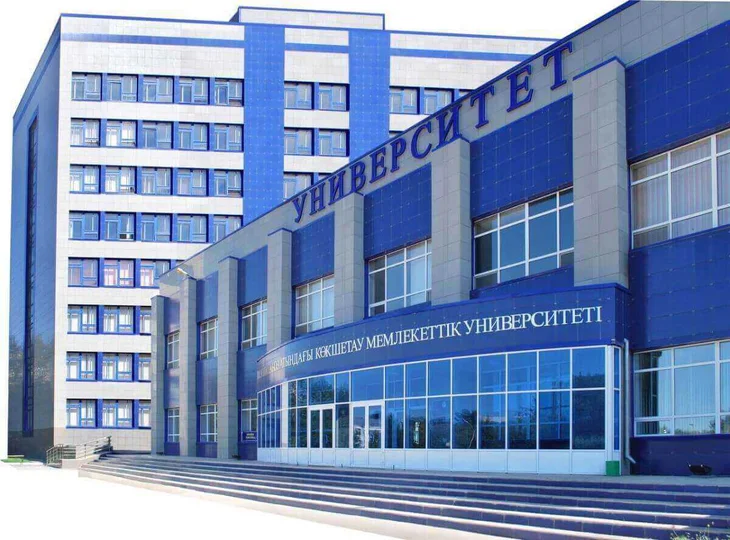Pedagogy and Psychology

Educational program code
6B01101
Language of instruction
Kazakh, Russian
Learning level
Undergraduate
Duration of study
4 year
Specialized subjects
Biology
Geography
Objectives of the educational program
- Formation of students ' psychological and pedagogical skills in the implementation of psychological and pedagogical support of the educational process in educational institutions of various types, taking into account modern management based on classical and modern theories and concepts, world and Kazakhstan experience.
- Development of students 'personal and professional qualities that ensure the effectiveness of practical activities through participation in research projects, competitions, trainings, seminars with the use of psychological and pedagogical tools for prevention, diagnosis, consultation, correction and development of students' personality, taking into account the updated content of education
- Information and communication technologies (in English)
- Sociology
- Physical Culture
- Kazakh language
- Modern history of Kazakhstan
- Cultural Studies
- Russian language
- Psychology
- Political Science
- Philosophy
- Foreign language
- Social pedagogy and Psychology
- Psychological and pedagogical work with children and adolescents
- Innovative and media technologies in education
- Virtual Psychology
- Gender psychology
- Fundamentals of a scientific experiment
- Developmental psychology
- Differential Psychology and Personality Psychology
- General Psychology
- Business Psychology
- Correctional pedagogy and psychology
- Psychology of communication
- Media education and media psychology
- Psychology of management
- Family Psychology and family Studies
- Project activity of a teacher-psychologist
- Workshop on Pedagogy and Psychology
- History of pedagogy and psychology
- Fundamentals of pedagogical communication and conflictology
- Positive psychology
- Mathematical methods in psychology
- Psychological and pedagogical prevention and suicide prevention
- Comparative pedagogy
- Psychology in extreme situations
- Personality theory
- Ethnopedagogy and ethnopsychology
Learning outcomes and competencies
- Demonstrate knowledge and understanding of historical, political, economic, socio-cultural, psychological and pedagogical processes and phenomena based on advanced knowledge in the field under study; understand the importance of principles and culture of academic integrity and adapt to dynamically changing phenomena and processes in society.
- Use dialogic and monologue speech in accordance with the level of mastering the state and foreign language in various situations, socio-cultural, intercultural-communicative, pedagogical and professional communication and interaction
- Know the methods of scientific research and academic writing and apply them in psychological and pedagogical research (apply empirical and experimental research methods, process and interpret survey results).
- Apply knowledge and understanding at a professional level, formulate arguments and solve issues of educational work in the classroom, taking into account the age and individual characteristics of children using innovative educational technologies
- Apply theoretical and practical knowledge to solve educational, practical and professional tasks of a teacher-psychologist; conduct training sessions of various directions, taking into account the specifics of the group, using modern psychotechnics and coaching
- Perform psycho-preventive, psychodiagnostic, psychocorrective, and consultative work based on knowledge of basic strategies, techniques, and techniques, including providing psychological assistance in extreme situations
- Demonstrate knowledge, skills and abilities of organizing the educational process in educational institutions based on psychological and pedagogical, subject-methodological theories, phenomena and facts, as well as training skills necessary for independent professional development in the field under study.
- Collect and interpret information to form judgments based on social, ethical and scientific considerations; choose management strategies in educational organizations for effective management of human resources from the position of leadership through teamwork in the digital educational space.
- Organize the process of educating and educating children with special educational needs in accordance with their age, sensory and intellectual characteristics and apply the main forms, methods and means of educational work at different age stages in inclusive education.
- Apply knowledge and understanding of facts, phenomena, theories and complex relationships between them in the field of inclusive practice, developing, differentiated and integrated learning, using innovative pedagogical technologies, technologies, including ICT, aimed at taking into account the individual characteristics of students in the educational process.